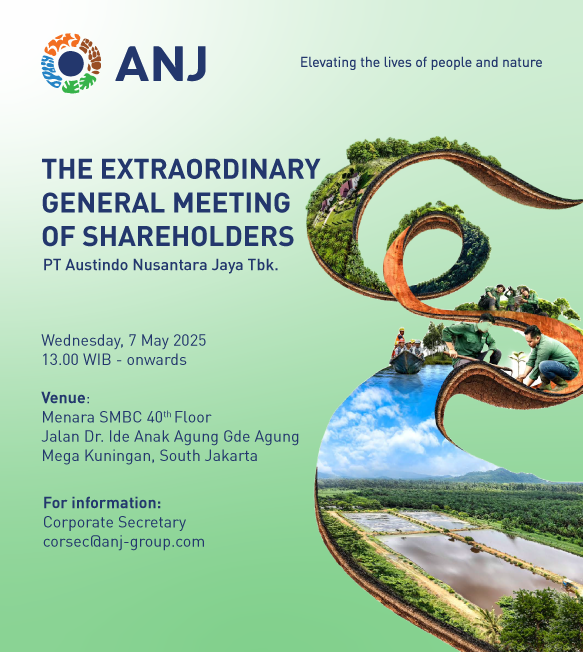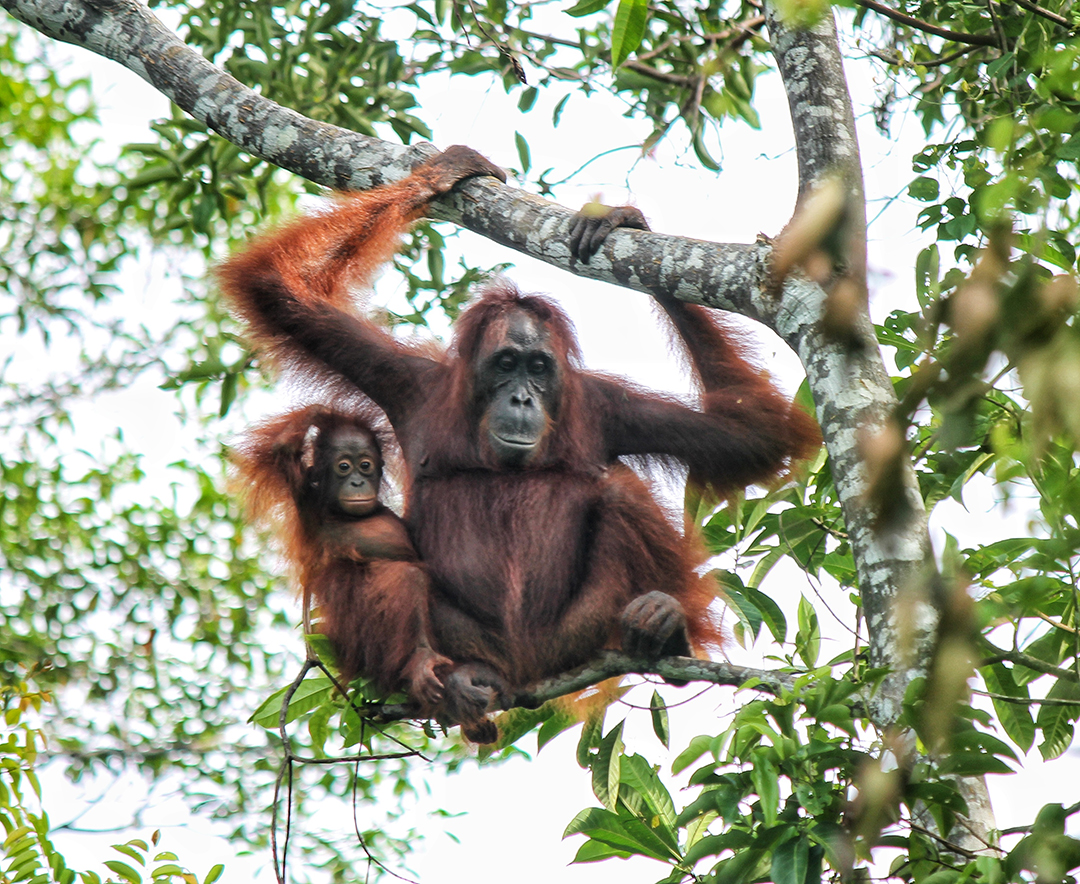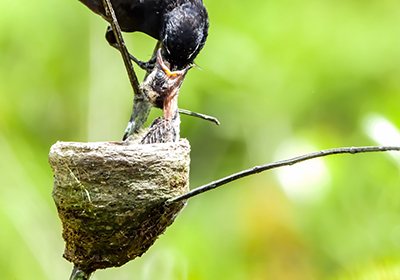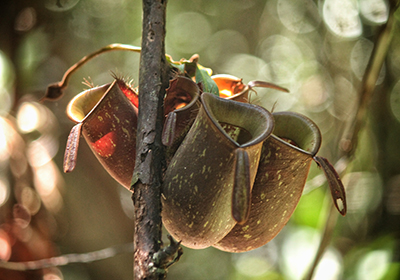



Certified oil palm production has long sought to comprehend the correlation between managed zones, preserved forests, and the prospects of safeguarded and endangered species. The task of constructing reliable biodiversity metrics remains a challenge, hindered by complexity and costs. Companies commonly rely on species lists to detect high conservation value species within their estates, which falls short of providing actionable insights. ANJ, facing similar obstacles, has turned to citizen science to overcome this conundrum through the "PENDAKI" initiative (short for Caring for Biodiversity).
Since 2019, ANJ has spearheaded a pioneering strategy across six oil palm estates, engaging over 1000 staff members in biodiversity data collection. Incentives, including performance targets and awards, encourage contributions. This effort, combined with biodiversity teams and employees like mill workers, has amassed an impressive database of nearly 100,000 species records. Now, the focus shifts to advanced statistical techniques translating citizen science data into robust species trends to inform estate management.
For this, ANJ has launched in 2023 a new app to monitor indicator species, facilitating trend analysis for crucial populations like orangutans and tarsiers. The new system measures progress against baseline estimates and towards time-bound targets, fostering accountability. By incorporating our quantified biodiversity outcomes at the estate level into the company accounts, i.e., biodiversity accounting, we will transparently share our verifiable progress towards biodiversity targets
Our time-bound targets are:
We continuously monitor and assesses our conservation initiatives and works in collaboration with scientists and environmental experts in designing and managing our plantation areas as conservation area for biodiversity.
We are committed to protect biodiversity (flora, fauna, and their habitat) in our area of operation, including areas within our land title boundaries (planted area, HCV area, and areas for other business use) and areas surrounding our land title boundaries on which we have control or meaningful influence (especially the conservation of HCV areas outside our land title boundaries, which are under our control). In 2023, we launched a comprehensive Conservation Strategy that underscores our deep commitment to conservation and biodiversity protection and its management. The strategy document was updated in October 2024 to reflect a holistic approach to mitigate environmental dependencies, impacts, and risks, whilst recognizing opportunities to foster positive outcomes for biodiversity across our operational areas and the broader landscape.
We are targeting that there will be zero illegal logging for every area of operations within 5 years after we start operations. We also target to at least maintain the level of species richness in our conservation area, if not to increase the species richness. To monitor the species richness in our area of operation, we implement the citizen science program to document species encounters within our area (See our PENDAKI Program). We are also aiming to work together with independent parties to help us measure the biodiversity baseline.
As a member of the RSPO since February 27, 2007, we are committed to following the latest Principles and Criteria (P&C) that were adopted and ratified by the RSPO in November 2018. We are also committed to follow the New Planting Procedures (NPP) issued by the RSPO in November 2015.
Furthermore, ANJ consistently complies with Government regulations, including Law Number 5 of 1994, which ratifies the United Nations Convention on Biological Diversity (1992), and Presidential Instruction No. 1 of 2023 on Prioritizing the Conservation of Biodiversity in Sustainable Development. These regulations underscore ANJ’s commitment to integrating biodiversity conservation into its operational and strategic frameworks.
In line with these commitments, ANJ’s biodiversity approach is aligned with the Kunming-Montreal Biodiversity Framework, providing a roadmap for biodiversity conservation and sustainable use. This alignment is particularly relevant for ANJ, which plays a crucial role in supporting the global biodiversity targets. The following targets highlight ANJ’s specific commitments and actions:
To manage our environmental impacts, we have set the following high-level commitments and goals in our group-wide Sustainability Policy:
Our Sustainability Policy includes provisions related to ‘No Deforestation, No Peat, No Exploitation’ (NDPE). We will not develop primary forests, and conservation of these forests is a priority. Independently identified HCS areas will not be cleared for oil palm development, in accordance with RSPO protocols. Development of identified HCS areas pertaining to legacy cases will strictly comply to RSPO’s requirements.
Click link below to access our Conservation Strategy (published in 2024):

